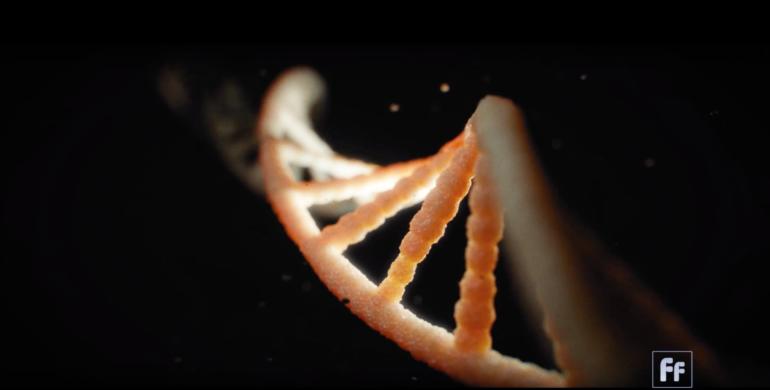The mystery of life is now revealed in our genetic code, revolutionizing how we tackle disease, aging and reproduction. Genetic engineering has been crucial in developing vaccines, including for HPV, Ebola and, now, COVID-19.
Diseases will eventually be “edited out” of humans, said Jamie Metzl, technology futurist and author of Hacking Darwin. “We had lots of diseases that our ancestors suffered from that we don’t suffer from now.”
Metzl sits on the World Health Organization’s expert advisory committee on genome editing, which is developing global standards that currently don’t exist.
“It’s not just about the science. This is just about what it means to be a human,” Metzl said.
These technologies are raising ethical concerns over just how much humans should be tinkering with their own nature. One area where these concerns have been raised is in assisted reproductive technology. In the United States alone, this market will be worth, by some estimates, more than $45 billion by 2026. People can now choose egg donors and sperm donors on a host of qualities, from eye and hair color, to education and religion.
“This, of course, gets into the realm of eugenics,” said Dr. Robert Klitzman, the director of the Bioethics Masters Program at Columbia University and author of Designing Babies. “The Nazis took it to horrific ends … so this should be a haunting reminder of the dangers we can get into when we start playing God in these ways.”
Already the ability to screen for diseases is exploring inequalities that could only deepen as genetic engineering advances.
“A problem is that we now already, for instance, are screening embryos for diseases like breast cancer. So if you’re wealthy, you can and have breast cancer in your family, you could get rid of that gene from your kids and their kids. If you’re poor, you can’t do that. So in the future, a disease like breast cancer that now unfortunately affects both poor and the wealthy in the future will increasingly just affect the poor,” Klitzman said.
Gene editing technologies, like CRISPR, allow for more precise DNA edits to alter a particular trait. However, it’s impossible to tell if only that one trait was altered, or others too that will only be known later in the person’s life.
The advancement of this technology “opens up a whole another world of questions we will increasingly face,” Klitzman said.
The technology also opens up possibilities that were once reserved for science fiction. At Harvard University, Professor of Genetics David Sinclair says he believes it’s possible to unlock the fountain of youth, and gene therapy is the key.
Sinclair spent two years trying to correct the vision of a mouse using gene therapy, and finally succeeded in doing it.
Although these discoveries are encouraging, Sinclair cautions that people set their expectations realistically.
“Many people are eager to use the research for their own health benefit,” he said. “But I’m hoping that the public will realize that it does take a long time and we can’t just jump from a mouse to a human tomorrow.”
Aging researcher Dr. Nir Barzilai is studying clinical trials that use the diabetes drug metformin to directly target aging.
It really will get all the pharmaceuticals to start developing drugs that will target aging rather than treatment for diseases that come with aging,” Barzilai said. “Death is inevitable. But aging is not, not the way we have it now.”
 CGTN America
CGTN America
